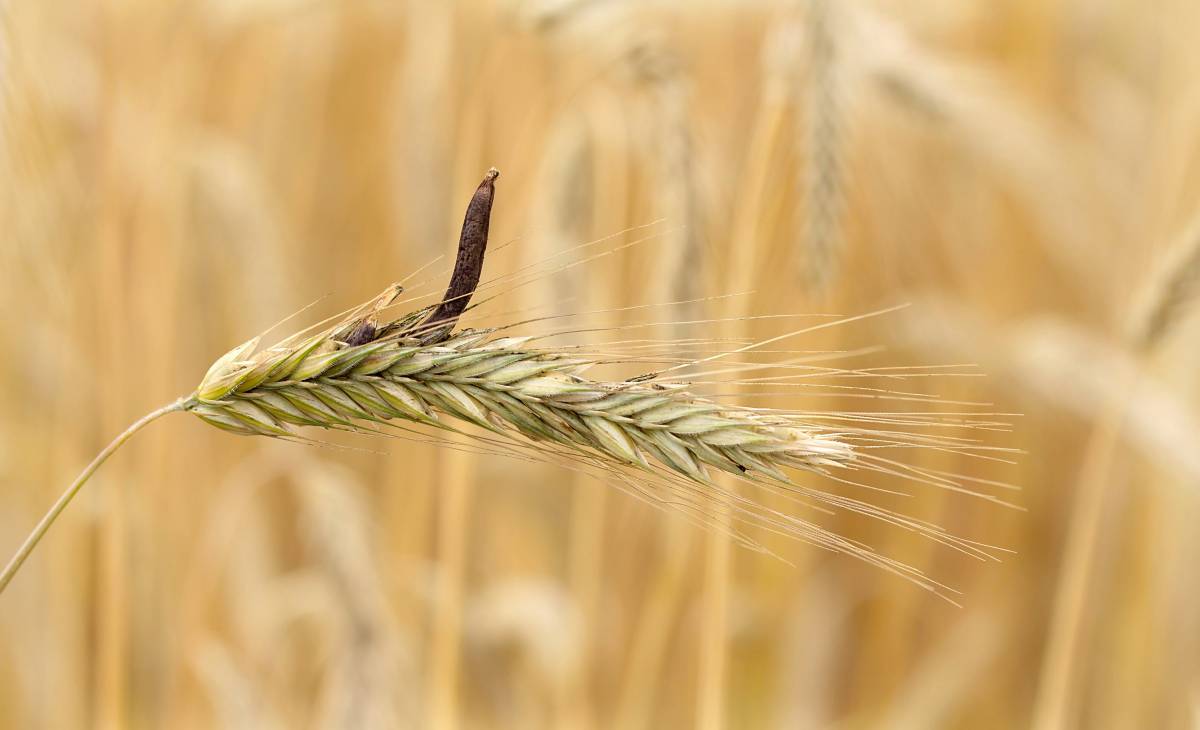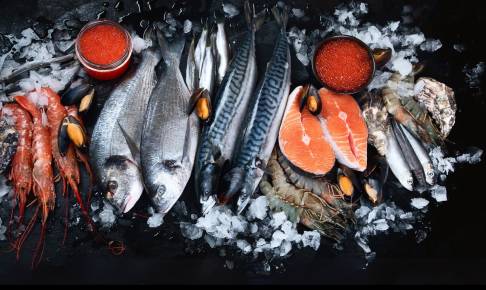Alkaloids in food: regulatory updates
With the EU regulation 1408/2021, the European Commission revised and modified the maximum levels of tropane alkaloids in some food products of plant origin previously regulated by the EC Reg. 1881/2006. The synthesis of tropane alkaloids in plants yields only two distinct enantiomers which are currently indistinguishable in the analytical detection phase. EFSA previously commented on this category of compounds in 2013, identifying the acute dose as 0.016 μg/kg body weight expressed as the sum of (-) - hyoscyamine and (-) - scopolamine. The risk of exceeding this threshold in children is high, which led to EFSA's characterization of tropane alkaloids.
The EU Reg. 239/2016, which sets the maximum levels of atropine and scopolamine in cereal-based infant products, is horizontally compatible with the EU Reg. 1408/2021.
The evolution of interest in these compounds has been remarkable. From 2006 to 2018, it was discovered how seriously tropane alkaloids, particularly atropine and scopolamine, are affected. Good agricultural and harvesting practices as well as appropriate sorting and subsequent cleaning, can reduce the concentration of these substances.
EU Reg. 1399/2021 modified the maximum levels of sclerotia of Claviceps spp. and its alkaloids in food products already present in Regulation 1881/2006 as well.
Sclerotia are fungal structures that replace the ears of corn or seeds on the stems of grass. These structures are rich in alkaloids such as ergometrine, ergotamine and ergosine. In 2012, EFSA assessed the risk of these alkaloids by establishing an acute group reference dose (1 μg/kg) and a tolerable group daily dose (0.6 μg/kg) of body weight. These parameters are the result of an analysis of the population’s exposure to these compounds which are commonly found in rye bread. However, the presence of alkaloids is not limited to the presence of sclerotia and can also be found in seemingly healthy cereal. This has led to a reduction of the maximum levels of alkaloids in baked goods, especially rye-based, prone to sclerotia. Regulation 1399/2021 requires Member States to periodically communicate data relating to the incidence of sclerotia on cereals and the progress of preventive measures aimed at limiting their presence.
Sources:
https://eur-lex.europa.eu/legal-content/EN/TXT/HTML/?uri=CELEX:32021R1408&qid=1630574185513&from=EN
https://eur-lex.europa.eu/legal-content/EN/TXT/HTML/?uri=CELEX:32021R1399&from=EN






















